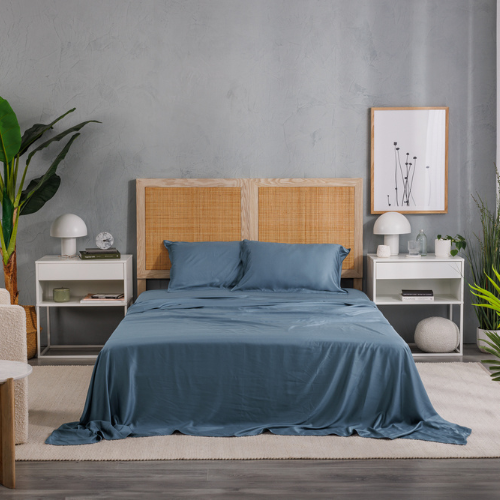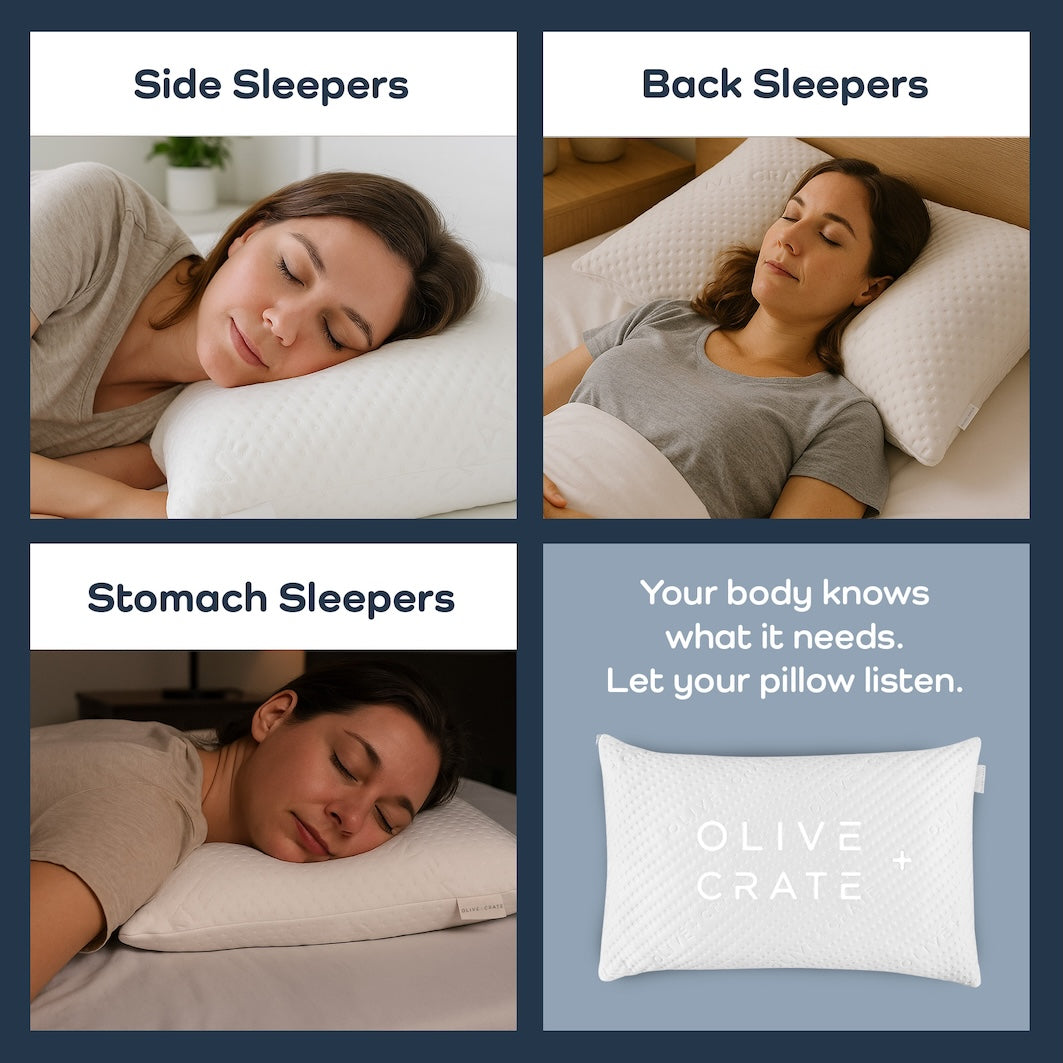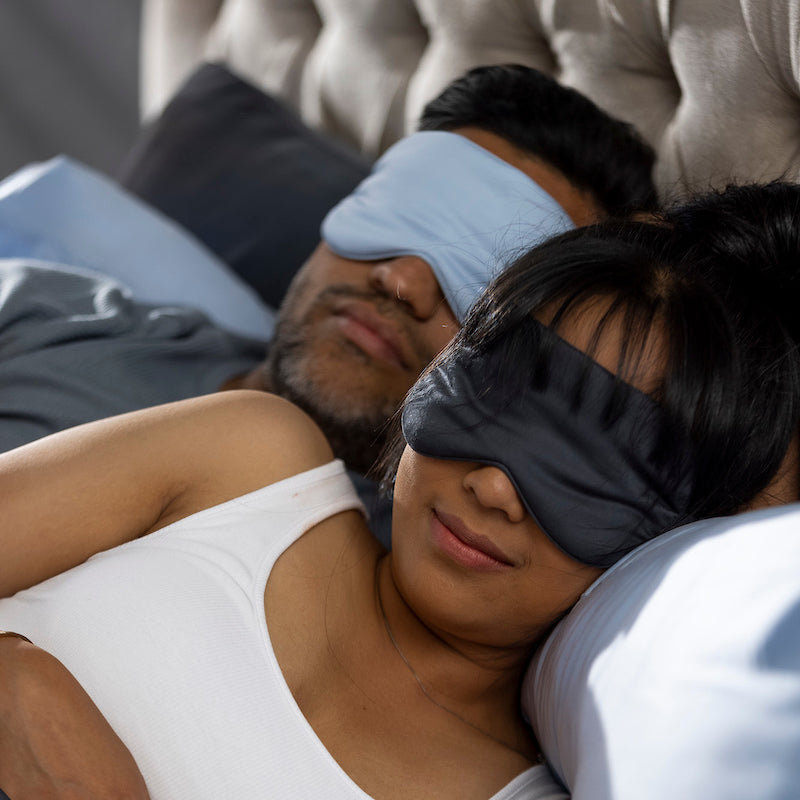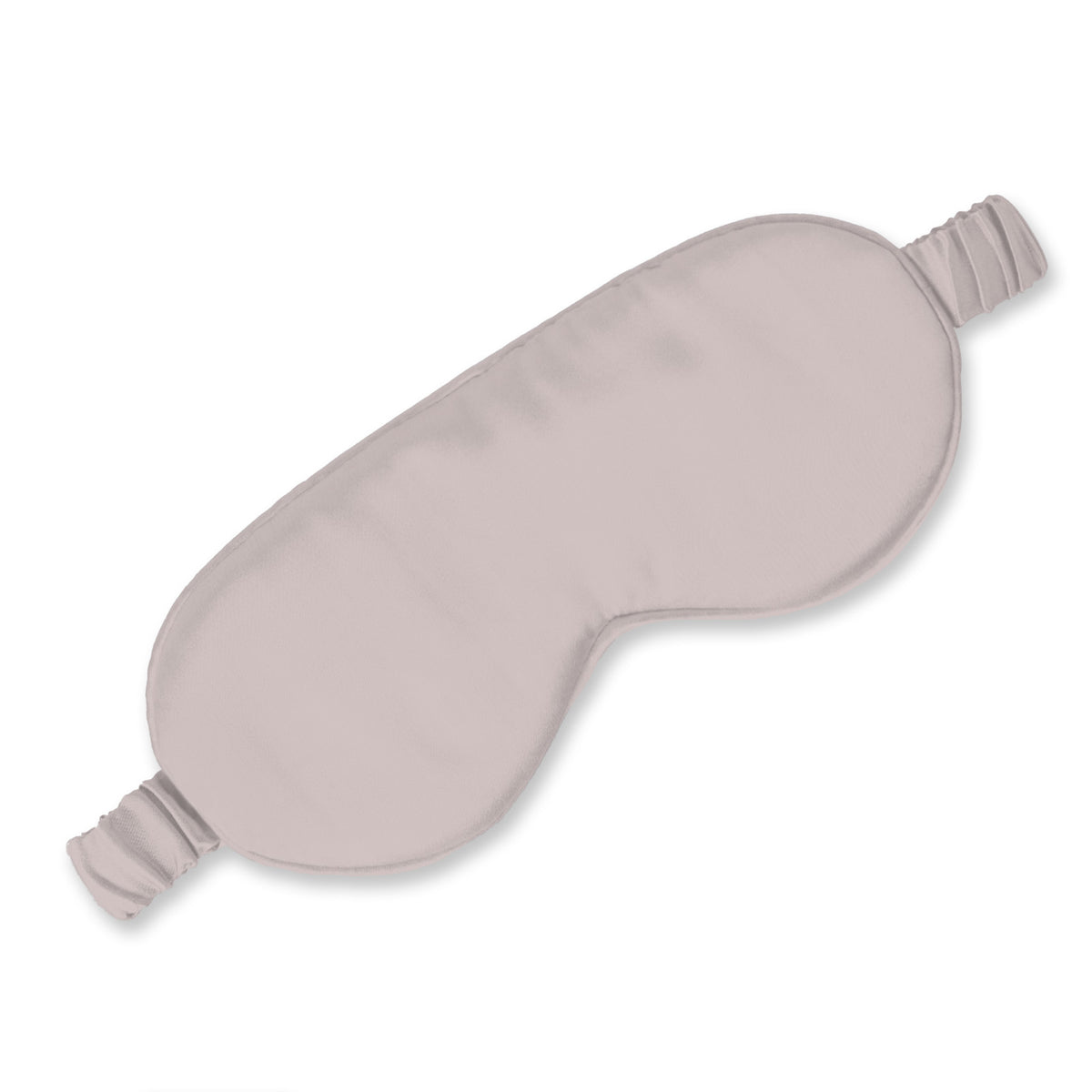Valerian Root
Valerian has been used as a herbal treatment for centuries, particularly in Eastern Herbal Medicine. The herb is native to Europe and Asia, but is now cultivated in the west (including the US) due to increased popularity in its use as a dietary supplement.
Valerian is consumed as tea, a supplemental pill, or as a mix-in extract taken shortly before bedtime. A 2017 study published in the Nature and Science of Sleep Journal found that subjects that took valerian fell asleep faster, slept for longer, and didn’t wake during the night as often.
Our brains produce gamma-aminobutyric acids (GABA), a type of chemical that inhibits functions that keep us alert. Scientists believe that valerian inhibits alertness in the same way that GABA chemicals can by binding to the same receptors in our brain. Its efficacy could also be why valerian is often referred to as nature’s Valium.
Ashwagandha
Ashwagandha is a traditional sleep remedy that comes from the Withania somnifera plant native to India. It has been used for centuries as a sleep aid, particularly in Indian Ayurveda treatments. Its name, somnifera even translates to ‘sleep-inducing’.
A recent study by the International Institute for Integrative Sleep Medicine found that the key to ashwagandha’s effectiveness for sleep is rich triethylene glycol (TEG) content. TEGs are thought to promote non-rapid eye movement sleep (NREM sleep), more commonly known as deep sleep.
Traditionally, ashwagandha powder was mixed with warm milk and honey before bedtime to promote a more restful sleep. Now, ashwagandha can be taken as a supplement or consumed as a pre-prepared tea or beverage.
Image from @ashwagandha_ on Instagram
Magnesium
Image from @fwdfuel on Instagram
Magnesium is one of the 24 vitamins and minerals essential for healthy bodily function. A magnesium deficiency can lead to a sleuth of health issues, many of which start with sleep disturbance.
Frequent restless sleep and insomnia both signal low magnesium levels, and often, a magnesium supplement can correct these issues.
Magnesium has also been shown to curb sleep disorders induced by hormonal changes due to aging. A clinical trial on patients in a long-term care facility showed that nightly administration of magnesium made it easier to get to sleep, improved the quality of sleep, and made it easier to wake more alert the next morning.
Melatonin
Melatonin is crucial to the correct functioning of our circadian rhythms (aka body clock). Our brains produce melatonin when it gets dark to signal that it is time to get some rest. When the sun rises, melatonin production stops to signal that it’s time to wake. When our body clock is disrupted by travel, long summer days, or exposure to too much light at night, a melatonin supplement can help set our body clocks straight.
Camomile
Image from @justpal1999 on Instagram
Chamomile has long been favored as the herbal tea of choice before bed. It is believed to possess sedative traits and is even used in aromatherapy to induce relaxation. According to an analysis published in the Molecular Medicines Report, the soothing ingredient in chamomile is the plant chemical apigenin. It is believed to bind to benzodiazepine receptors (part of the GABA receptor complex) that inhibit nerve functions that keep us awake and alert.
Lavender
Lavender is used in aromatherapy for its relaxing, sedative effect and is also used in many natural sleep aids to help ease people into sleep. A literary review of the health benefits of lavender to the nervous system listed several improvements to sleep. These include decreased effects of insomnia, improved sleep quality, and increased sleep length.
These effects were observed as a result of the odor of lavender, which means that your lavender pillow spray, candle, or essential oil diffuser could help! The secret to lavender’s sleepy power is similar to that of ashwagandha and chamomile, which has to do with the right chemicals suppressing alertness.
Image from @home-gardens on Instagram
Cool Down
Another natural remedy for better sleep is to get the temperature in your bedroom correct. Cooler night temperatures are another signal that our body uses to control our circadian rhythm. This is why a cool bedroom will make you sleepier, and keep you in a slumber longer than a warm room will.
Have a Bath
Image from @zenbathworks on Instagram
A hot bath before bed will also help lull you into sleep because of the reason above. When you are soaking in a hot bath, your internal temperature rises. This will make the ambient air feel extra cool when you get out.
Light Control
The main driver of our circadian rhythm is light, so keeping your light as natural as possible is key to a good sleep. Many of our devices emit blue light which suppresses our body’s sleep signals. For this reason, you should avoid using screens well before bedtime. Dimming the lights as the sun goes down will also help your body wind down. And because even streetlights or a full moon can produce enough light to wake us, an eye-mask helps too!
Natural Sheets
Getting to sleep is one thing. Staying asleep is another. Supplementing can certainly help, but if you feel uncomfortable during the night, you’ll likely wake up. This is why bedding that keeps you warm in the winter and cool in the summer is paramount to sound sleep.
Natural fibers such as the lyocell fibers used in PerfectSleep sheets (made out of eucalyptus) allow your skin to breathe which helps to regulate temperature. Synthetic sheets often trap heat which raises the temperature too much and signals to your body that it is time to wake up.













